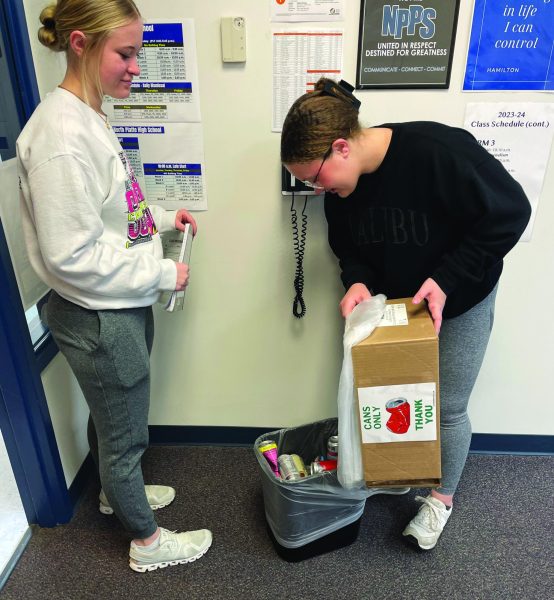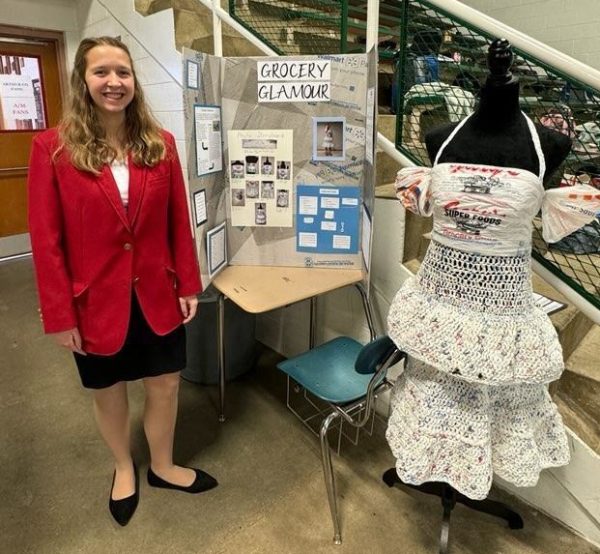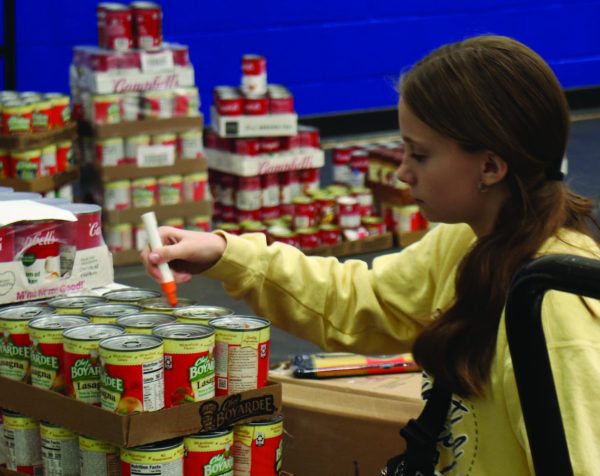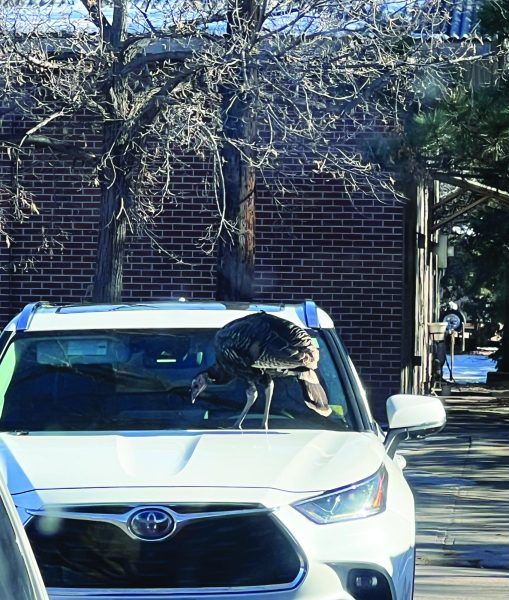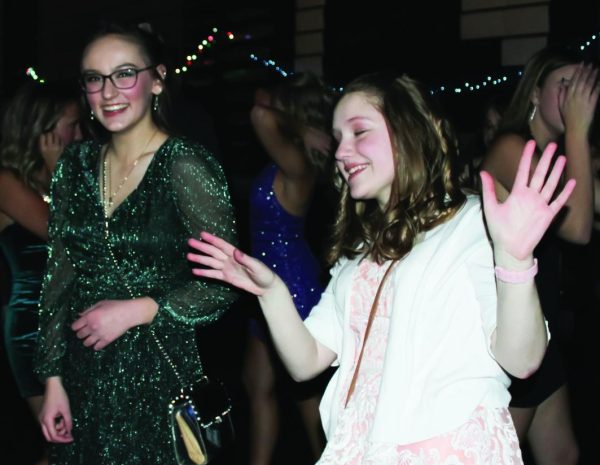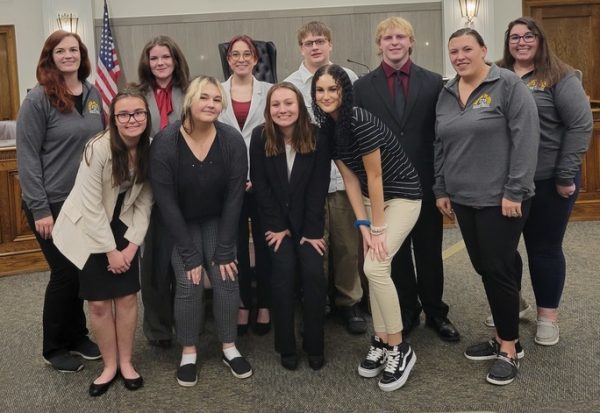“Shatter the Silence”
The prevalence of teen dating violence and why we need to stop it
“It’s like if you put a frog in boiling water, it immediately jumps out. But if you put a frog in warm water and slowly turn the heat up, they won’t notice until after they’ve been cooked,” said [insert title here] Brandy Buscher. Every year during the month of February, people join efforts to raise awareness to stop the spread of teen dating violence. Dating violence can range from anything mental, verbal, physical, or sexual abuse.
“I feel that any kind of dating violence begins with consent,” said Rape and Domestic Abuse Program (RDAP) Executive Director Jenny Bonta. She feels as though people don’t truly understand what consent looks like. “I think sometimes, in adults too, we get caught up in the fact that they love you and they want to spend all their time with you, and we don’t realize that they’re being controlling,” she said. According to Bonta, an abusive partner is going to be wonderful when you first start the relationship, and are slowly going to start adding these elements of control. “It becomes difficult to decipher the loving and violent parts of the relationship because you love this person, but this person is also hurting you,” she said.
Platte Valley Women’s Healthcare Provider Kelly Hasenauer agrees. “Abusive partners can really manipulate the mind, and people don’t even realize how bad it is,” she said, “people are generally embarassed where they find themselves when it’s not their fault.” She believes that there is a stigma among people about dating violence. “I think everybody has the illusion that they’re going to find this person and that life is going to be perfect, but life doesn’t work that way,” she said. Hasenauer says that everyone makes mistakes and get into bad relationships, but the important thing is how we learn from them and get out of them. “We need to treat the people we’re closest to just as good as we treat absolute strangers, and sometimes we forget that,” she said.
Bonta also says that it is very critical to be able to realize when a partner is being abusive. “An outside person might think that they [the abuser] is a great person, but they don’t know them in the intimate way that you do,” she said. In all cases, it is never easy for the victim to see things in only black and white. “They have this person that they care about who isn’t bad all the time, and it’s so twisted that it’s hard for the victim to decipher the truth and what they’re being told,” Bonta said, “if they’ve been isolated, they’re only hearing this person who’s blaming every bad aspect on them.”
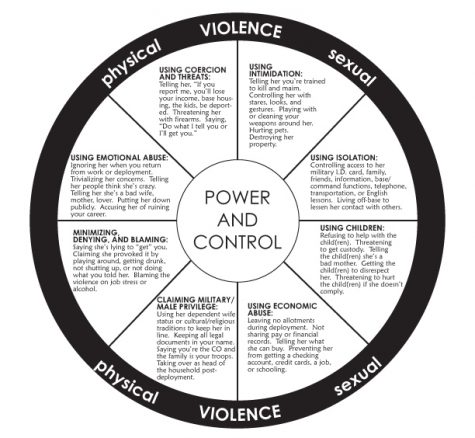
To someone who is in an abusive relationship or unsafe, there are many outlets available to you. You can call RDAP’s Crisis Hotline at (308)-534-3495, even if it’s something as simple as asking a question. You can also call the National Domestic Violence Hotline, the Rape, Abuse, and Incest National Network, and the National Teen Dating Abuse Helpline.
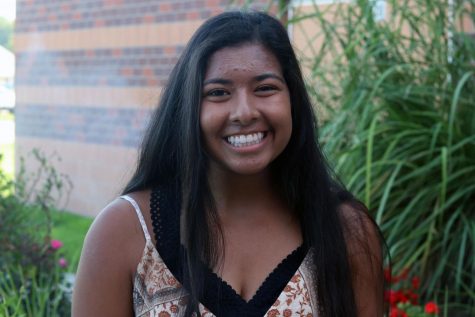
I am a senior and in my 4th year of journalism. I am right handed but my mom is left handed.

